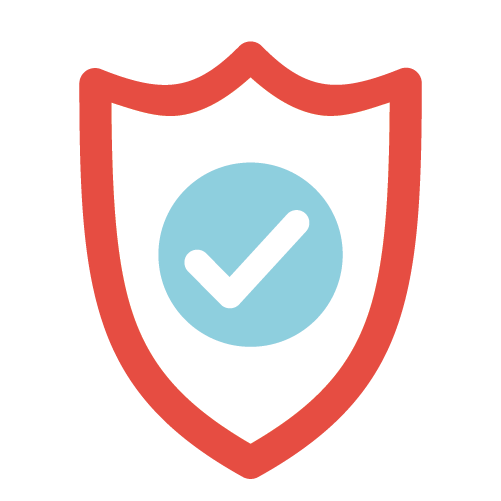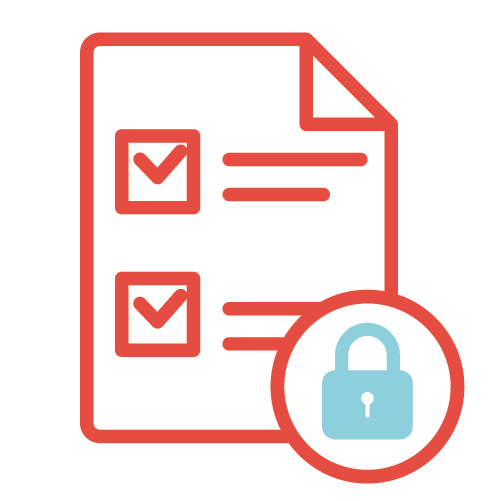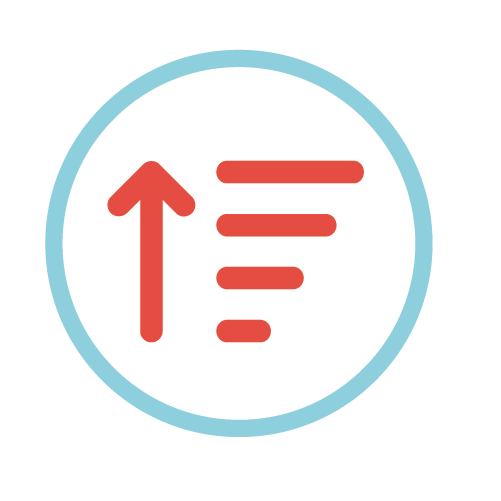SecureATI – Test with confidence
Learn more about the steps we take to protect and maintain the integrity of our assessments.
Overview
As the nursing education industry continuously evolves and challenges persist in upholding academic integrity, ATI’s approach to maintain secure assessments uses a layered defense to stay ahead.
Meet our team
SecureATI is backed by more than 600 nurse educators, psychometricians, test developers and a dedicated security team of 15 experienced professionals. We are leading the way to help ensure you can relay on your exam results.

Content Protection
- With our industry leading question bank, SecureATI delivers exam variety you can trust.
- Continuous question updates maximize reliability and predictability of results.
- Exam delivery is randomized through our proprietary distribution system.

Secure Environment
- Built-in technology allows us the ability to track progress throughout an assessment in real time.
- Our SecureATI team conducts threat research and testing flags cheating events in real time to counter evolving threats.
- All proctors are required to complete certification and adhere to established ATI policies.

Preventative stance
- Advanced, 24/7 web and social media monitoring to eliminate potential threats.
- Our team quickly acts and offenders face serious, legal consequences.
- We sustain active partnerships with law enforcement agencies to preserve the integrity of our assessments.
Let’s work together! SecureATI and you can maintain the integrity of your program and your students’ results.